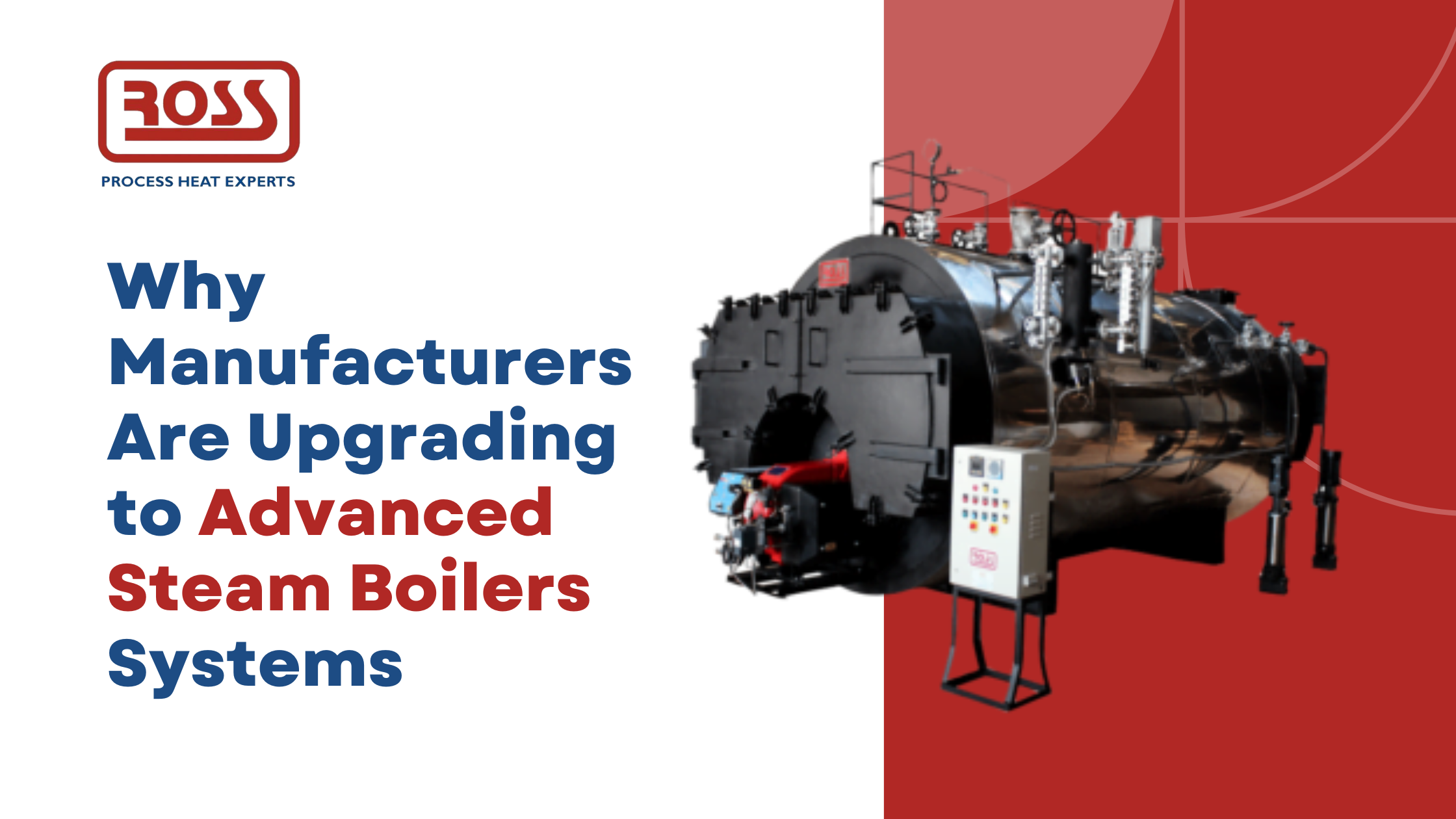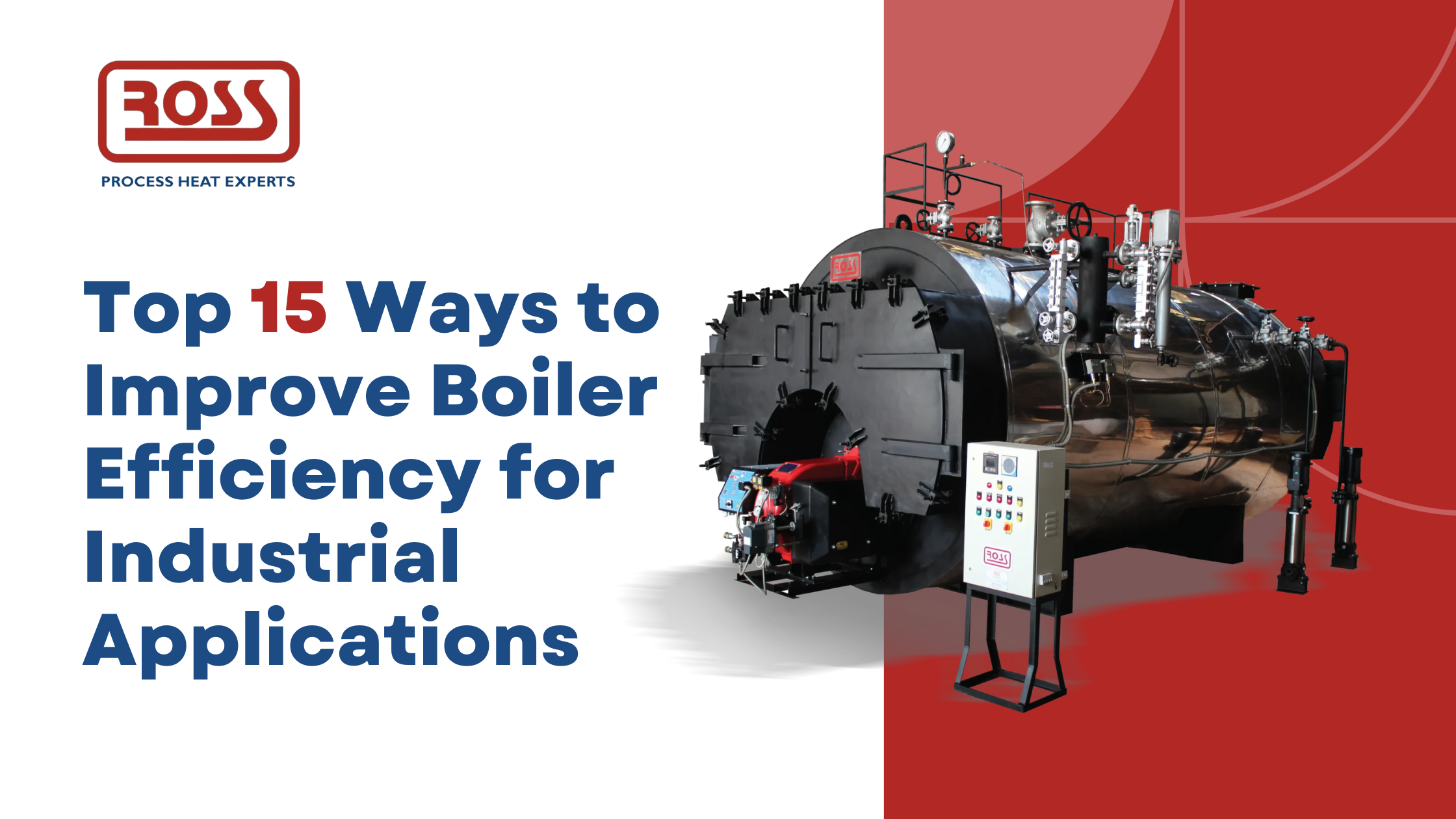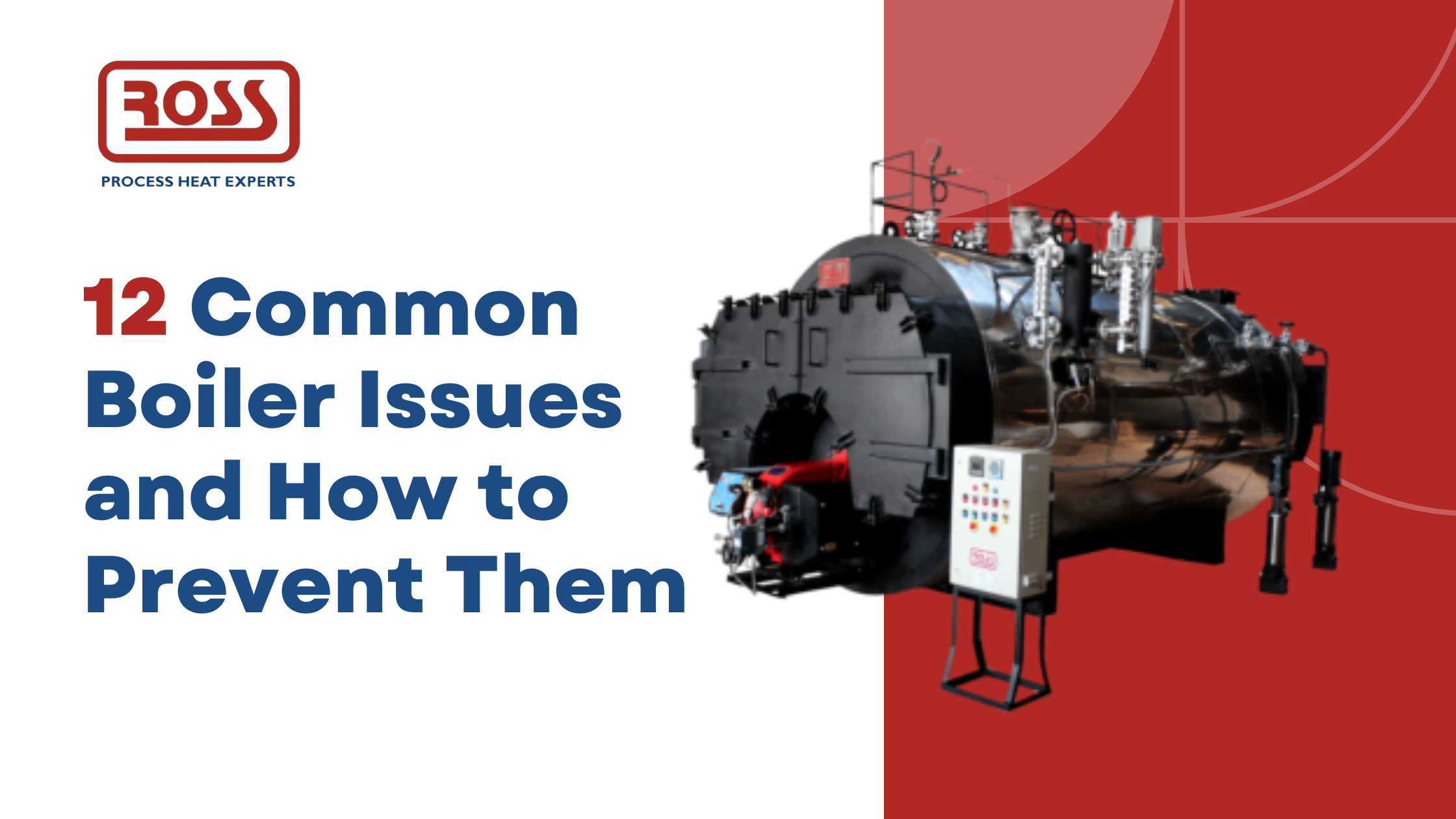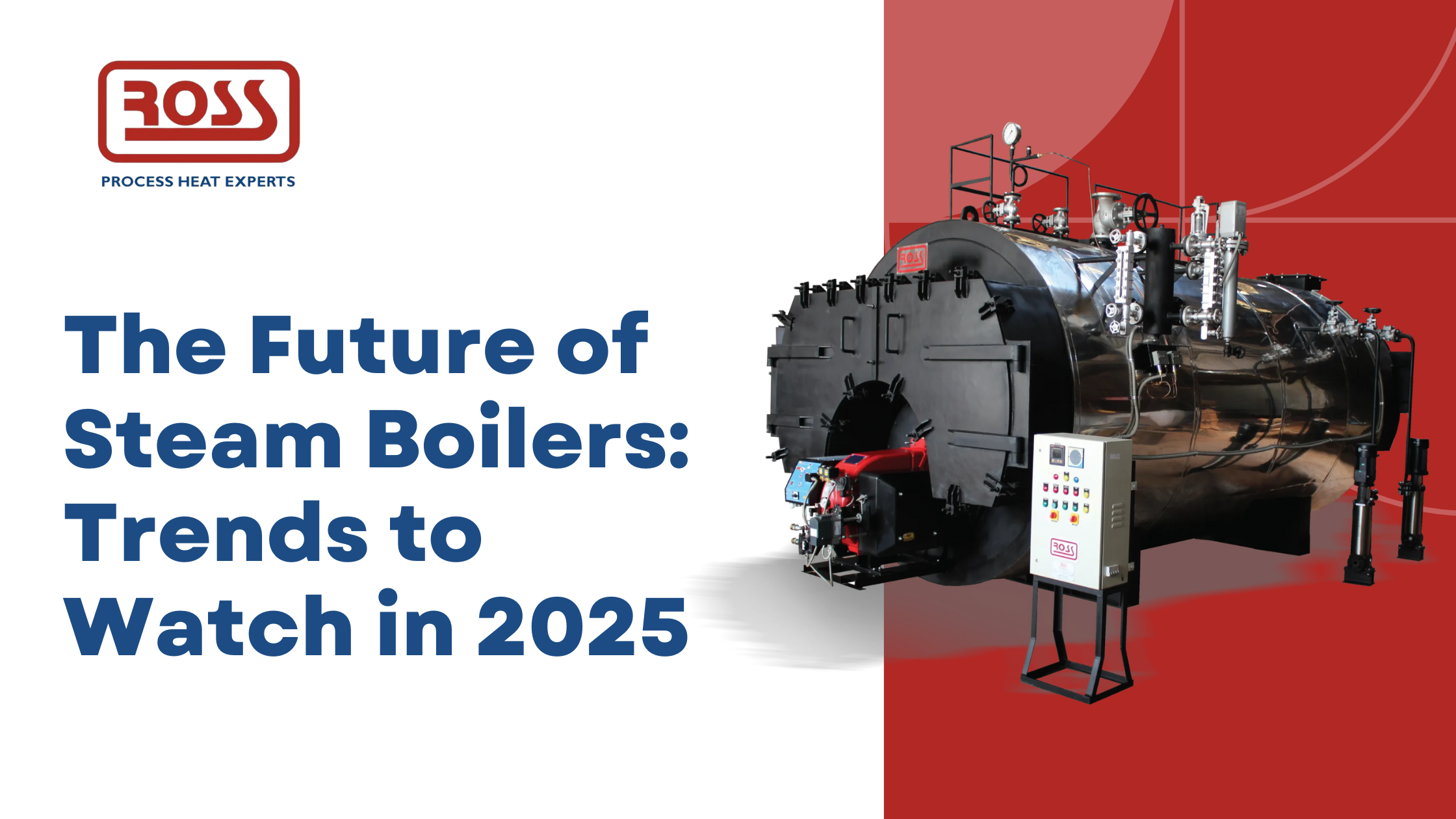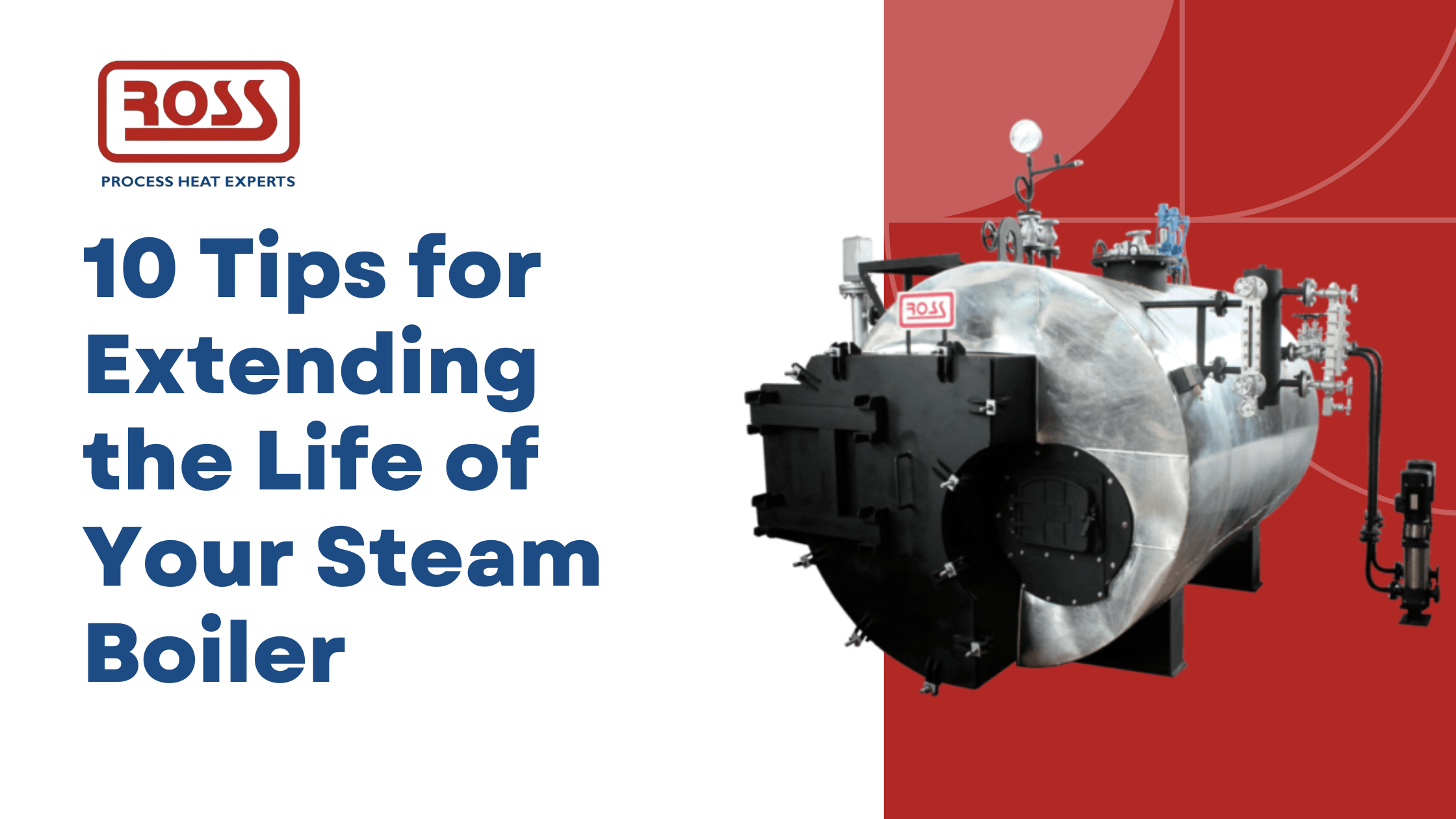Steam boilers are a crucial component in the food processing industry, providing the necessary heat and steam for various production processes. These boilers ensure that food products are cooked, sterilized, and processed efficiently and safely. By understanding the applications, processes, and roles of steam boilers in the food industry, stakeholders can appreciate their importance and make informed decisions regarding their usage and maintenance.
What are Steam Boilers Used For in the Food Industry?
Steam boilers in the food industry are primarily used for generating steam, which is essential for various processing activities. They are utilized for cooking and food preparation, ensuring even and consistent heating. Steam is critical for sterilization and sanitation, eliminating harmful microorganisms from equipment and surfaces.
Boilers provide steam for pasteurization, which kills bacteria without compromising product quality, and for blanching vegetables to preserve their flavor and texture. Steam also aids in humidification, maintaining essential moisture levels during baking. These applications ensure the production of safe, high-quality food products, making steam boilers indispensable in the food industry.
What is the Process of Steam Boilers in the Food Industry?
1. Generation
Steam is generated in a boiler, where the water heats the system to its boiling point by burning fuels such as natural gas, oil, or through electrical means. The type of boiler and fuel used can vary depending on the specific needs and scale of the food processing operation.
2. Distribution
Once generated, steam is distributed through an insulated network of pipes to various points of use within the facility. Proper insulation is crucial to minimize heat loss and maintain efficiency. The distribution system must be designed to ensure that steam reaches all necessary areas with the required pressure and temperature.
3. Control and Regulation
The steam distribution system includes valves, pressure regulators, and other control devices to ensure steam is delivered at the right temperature and pressure for each application. Precise control is essential for maintaining product quality and safety, as different processes may require different steam conditions.
4. Utilization
Steam is utilized in various processes such as:
- Direct Steaming: For cooking and blanching, where steam comes into direct contact with food products.
- Indirect Heating: Through heat exchangers, where steam transfers heat to a secondary medium without direct contact with the food.
- Sterilization: Steam is used to sterilize equipment, containers, and surfaces, ensuring they are free from harmful microorganisms.
- Humidification and Cleaning: Steam helps maintain the right level of humidity and is used in Clean-In-Place (CIP) systems for thorough sanitation without disassembly.
5. Condensate Recovery
Once steam transfers its heat, it condenses back into water (condensate). This condensate is often collected and returned to the boiler for reuse. This process, known as condensate recovery, maximizes efficiency by conserving both energy and water resources. It also helps reduce the overall operational costs and environmental impact.
What is the Importance of Steam Boilers in the Food Industry?
1. Energy Efficiency
Steam boilers are highly efficient in converting energy from fuel into heat. This efficiency translates into lower operational costs and reduced environmental impact. Efficient steam generation and use are crucial for maintaining competitive pricing and sustainability in the food industry.
2. Consistent Quality
The use of steam ensures consistent and controlled heating processes, which are vital for producing uniform food products. This consistency helps in meeting quality standards and regulatory requirements, which are stringent in the food industry.
3. Food Safety
Steam is an excellent agent for sterilization and sanitation, reducing the risk of contamination and ensuring food safety. Proper steam use helps in adhering to food safety standards, preventing foodborne illnesses, and protecting consumer health.
4. Versatility
Steam boilers offer versatility in food processing applications. Whether it’s cooking, cleaning, or humidification, steam can be adjusted to meet a wide range of processing needs. This flexibility is essential for food producers who need to adapt to different products and processes.
5. Environmental Impact
Modern steam boilers are designed to be environmentally friendly, with options for low-emission fuels and high-efficiency designs that reduce greenhouse gas emissions. This aligns with the growing emphasis on sustainability and environmental responsibility in the food industry.
6. Cost Savings
Efficient steam boilers can lead to significant cost savings for food processing plants. By optimizing fuel use and minimizing waste, steam boilers help in reducing operational costs, which can be passed on to consumers in the form of lower prices.
7. Scalability
Steam boilers can be scaled to meet the needs of different production levels. Whether a small artisanal food producer or a large-scale industrial food processing plant, steam boilers can be customized to fit the specific requirements, ensuring optimal performance.
8. Technological Integration
Modern steam boilers are often integrated with advanced control systems and automation, enhancing precision and ease of operation. This integration supports more sophisticated food processing techniques and improves overall plant efficiency.
Click here to know more: How to Choose the Right Industrial Steam Boiler for Your Industries?
Conclusion
Steam boilers are indispensable in the food industry, providing the necessary heat and sterilization required for various food processing applications. Their roles in ensuring energy efficiency, consistent quality, food safety, and environmental sustainability highlight their importance in modern food production.
For food industries, finding a reliable steam boiler supplier in Abu Dhabi, Dubai is crucial to maintaining optimal operations.Food producers who invest in high-quality steam boilers and maintain them well can expect to see significant benefits in terms of production efficiency, product quality, and cost savings.Consequently, understanding the uses, processes, and roles of steam boilers can help food industry professionals make informed decisions and enhance their operations.
At Ross Boilers, we design and manufacture industrial steam boilers designed to the specific requirements of our clients. Ross Boilers has been a leading steam boiler manufacturer in Dubai, Al Ain, Ras Al-Khaimah, Sharjah, Middle East, Ajman, Umm Al Quwain, Fujairah, and Abu Dhabi for 25+ years. Contact us to know more.


